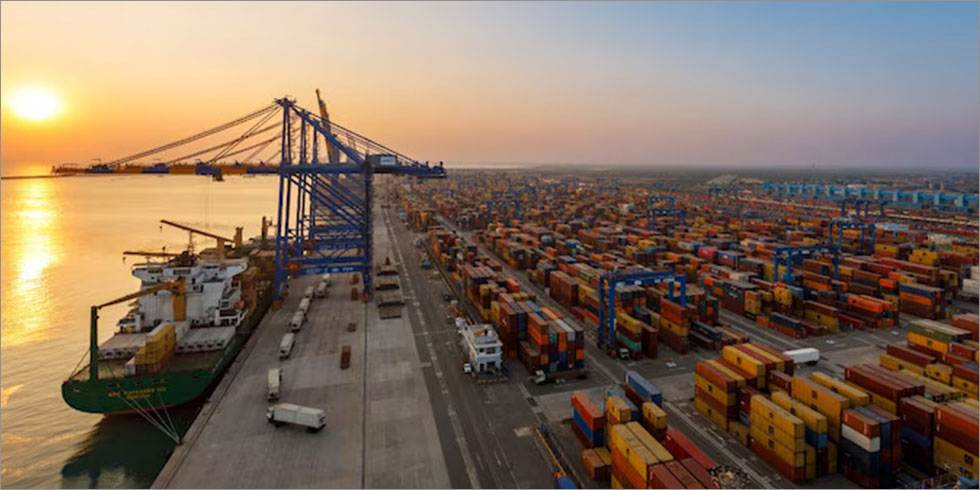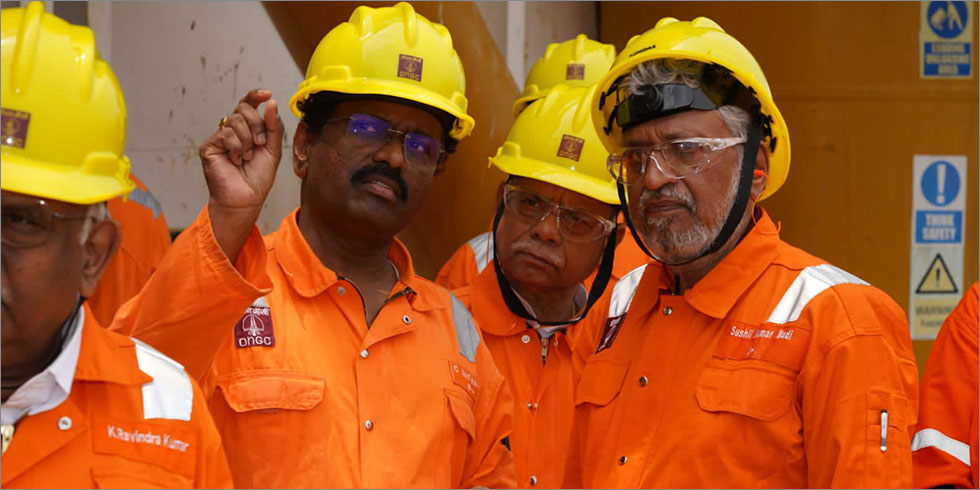India is likely to shift to a new oil and gas exploration and production licensing regime as the auction process adopted fails to live up to expectations.
The New Exploration and Licensing Policy’s (NELP's) tenth round would be the last under which the government had already earmarked 42 blocks for investors, with the auction scheduled to be completed this year.
The NELP series of auctions of oil and gas blocks would be replaced by the Open Acreage Licensing Policy (OALP), under which upstream oil companies would be permitted to put in bids for securing oil and gas blocks throughout the year, instead of waiting for the government to identify and put resources on the auction block, an official in the Petroleum and Natural Gas Ministry involved in drafting the policy said.
The contours of the new policy regime would essentially have three elements; open acreage, uniform licensing enabling companies to explore and produce all forms of hydro-carbons from a single block, and revenue-sharing to replace the current production sharing regime, the official said.
Under OALP, prospective upstream oil companies would be provided all data related to oil and gas blocks prior to putting in bids, which could be anytime throughout the year. However, for this it would be imperative to complete the preparation of a National Data Repository (NDR) by the oil and gas sector regulator, the Directorate General of Hydro-carbons (DGH).
The latter had signed up with HLS Asia, which, in turn, had a collaboration with the US-based Halliburton for completion of an Indian NDR by 2016/17.
Under the series of nine auctions under NELP, the government had awarded 254 oil and gas blocks to upstream companies receiving a commitment of $12-billion in exploration activity, while in addition $8-billion had been invested by successful bidders in developmental activities like drilling and construction of production facilities.
However, officials said that production sharing agreements between companies and the government had run into several controversies and legal challenges involving charges of inflating costs of production and deflating production of oil and gas.
Under production sharing agreements, the upstream company was permitted to recover the entire costs of exploration and production before sharing production of hydro-carbon with the government.
But with differences, legal challenges and companies claiming lower recoverable resources after recovering costs of exploration and production, the last auction round would be held under revenue-sharing agreement, and the successful bidder would be selected on the basis of commitment to revenue sharing and an amount of gas and oil the bidder would offer from the very first day of production, the official added.
India to shift to new licensing regime for oil, gas blocks








Add Comment